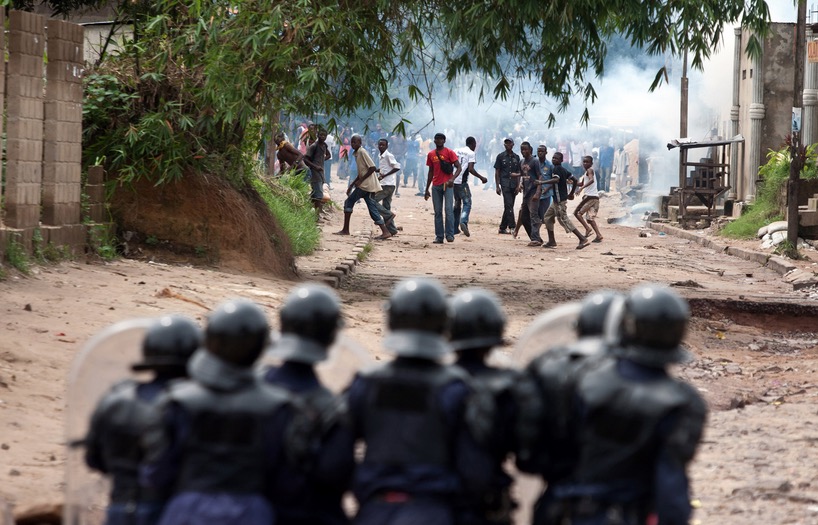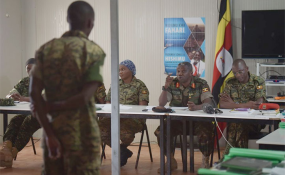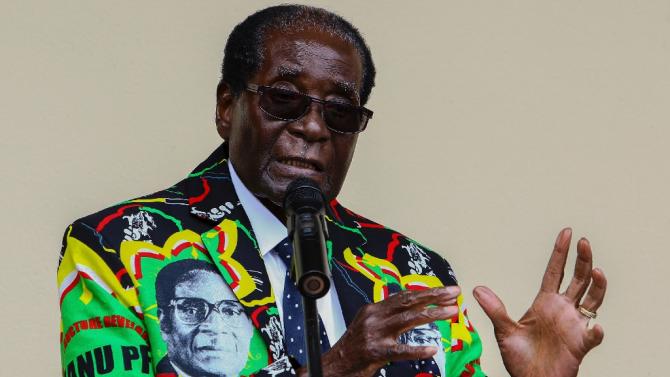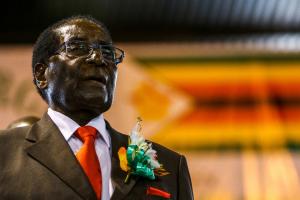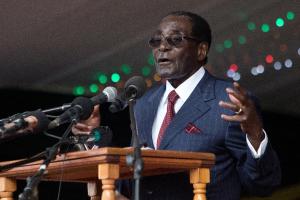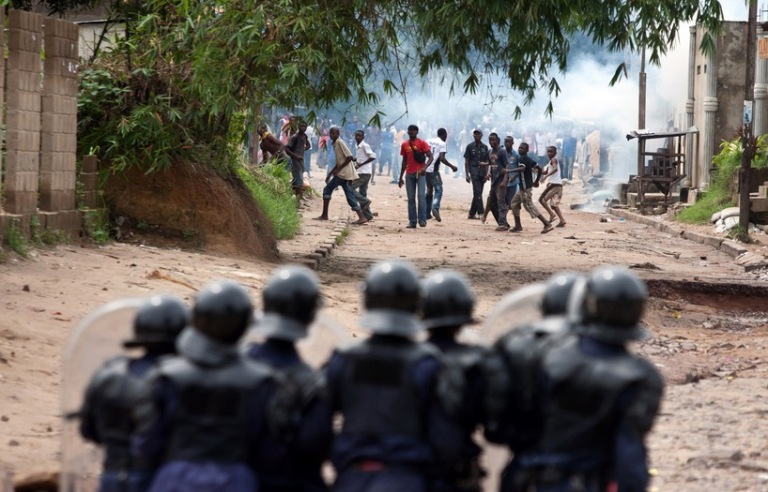 One needs to look no further than the intransigence of the Gambia’s Yahya Jammeh, who refused to accept election defeat or Joseph Kabila’s reluctance to leave office when his term expired to see the problem.
One needs to look no further than the intransigence of the Gambia’s Yahya Jammeh, who refused to accept election defeat or Joseph Kabila’s reluctance to leave office when his term expired to see the problem.
It is easy to tot up the African despots who have clung to power. Between them the three longest serving presidents (Cameroon’s Paul Biya, Equatorial Guinea’s Theodor Nguema and dos Santos of Angola) have held office for 115 years.
It is not that Africans don’t yearn for democracy. Look at the hundreds who died in Ethiopia, or the constant agitation in Zimbabwe.
Nor it is the case that Africa cannot hold free and fair elections – even when they are fiercely contested. Ghana is a case in point.
So what is the root of the problem?
I would look to these key issues, although I am sure there are others.
- At independence in the 1960’s there was little in the way of manufacturing. Even commerce was generally poorly developed. Money was made on farms and mining. As a result there was a very underdeveloped African business class. The men (and they were men) who took power in the first administrations had often been teachers or civil servants before going into politics. They had next to nothing to fall back on. If they lost power they lost everything. So they hung on.
- The colonial authorities had established unstable systems of government. The British, for example, tended to look to ‘martial tribes’ – often far from the capital, to supply the army. Civil servants were drawn from people who lived around the capital. When independence came it was the educated, ‘clever’ people from the cities who took power, leaving those ‘up-country’ with next to nothing. Take Uganda as an example. Soon the armies, realising their power, seized control. The era of coups had come to pass.
- Some came to power through protracted struggles, sometimes involving bitter warfare. Eritrea and Rwanda are examples of this. The current leadership learnt that power comes through the barrel of a gun. They are determined not to relinquish it at any cost.
- Systems of extended kinship networks were more important in Africa than they were in other parts of the world for a variety of reasons. They provided security when crops failed and support in times of war. So when a leader from a particular tribe or ethnic group took power, he was under constant pressure to provide for his family and his people. The idea that he might relinquish control and allow others ‘to eat’ was an anathema to everyone in his wide network of support. As a result he would be under intense pressure from his nearest and dearest not to leave office.
- The Cold War, which ended with the fall of the Berlin wall in 1989, divided Africa into competing blocs. The Angolan civil war, which so disfigured the whole of southern and central Africa, was a case in point, dragging in the USA, Soviet Union and the Cubans. The Cold War is long gone, but its reverberations are still being felt.
- Outside powers (whether from the West or from the East) saw Africa as a source of minerals and crops. Attempts to support democracy have been few and far between. The pressure to end apartheid was an honourable exception. There have been attempts to halt the rise of radical Islamist groups, but mainly because of the threat they pose to the rest of the world. In recent years Africa has – in the main – been left to deal with its own problems: suggestions that Robert Mugabe should be overthrown (for example) were never followed through.
Is change on the way?
I would argue that it is.
Africa now has a growing ‘middle class’ of young, able men and women who are now confident of making their way in the world. They are to be found in everything from business to law, from agriculture to the high-tech industries.
They are the future from which the continent’s political leaders are being drawn. Many are contemptuous of the old style despots who rule for no-one but themselves, their families and their cronies.
To their credit, African institutions have begun to stand up for the democratic principles enshrined in their constitutions. This is still a slow and hesitant process, but it has begun.
Africa is also a young continent. Half the population is under 29. They are not shackled by memories and values of the past. The factors I identified above, that go back to the colonial era, are gradually receding.
More than half live in urban areas and the number is rising. Their realities are very different from those of their parents or grandparents.
Look, for example, at the hundreds of thousands who are prepared to risk all to cross the Sahara and the Mediterranean, in the hope of a better future in Europe, even if it costs them their lives.
This is not a complacent generation: the future is theirs and with rising levels of education, better health care and access to the internet they will shape their worlds in ways in which the leaders of the 1960’s could not even dream of.
So will Africa’s future be democratic? I am sure it will.
Source=https://martinplaut.wordpress.com/2016/12/24/why-is-democracy-such-a-problem-for-africa/


